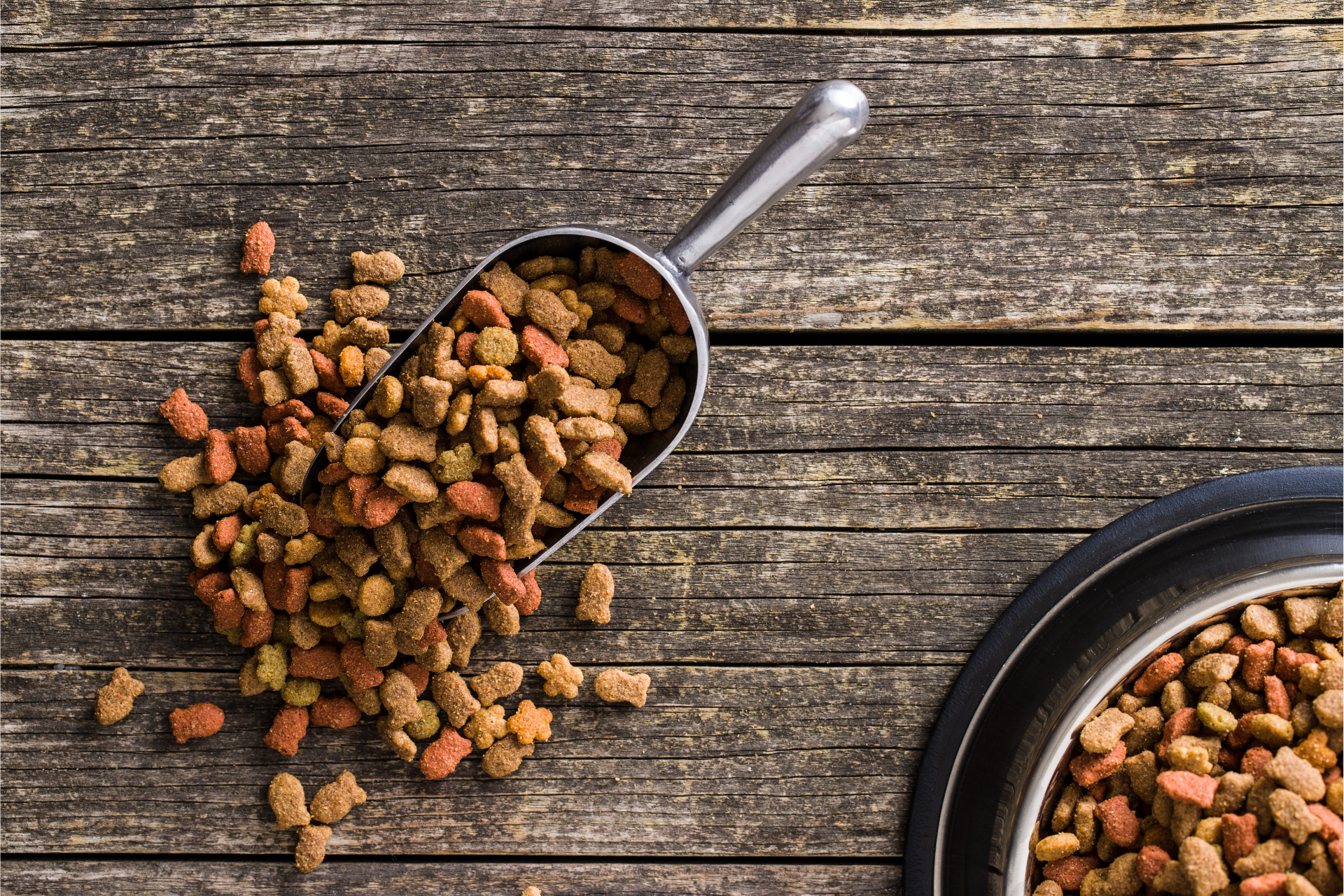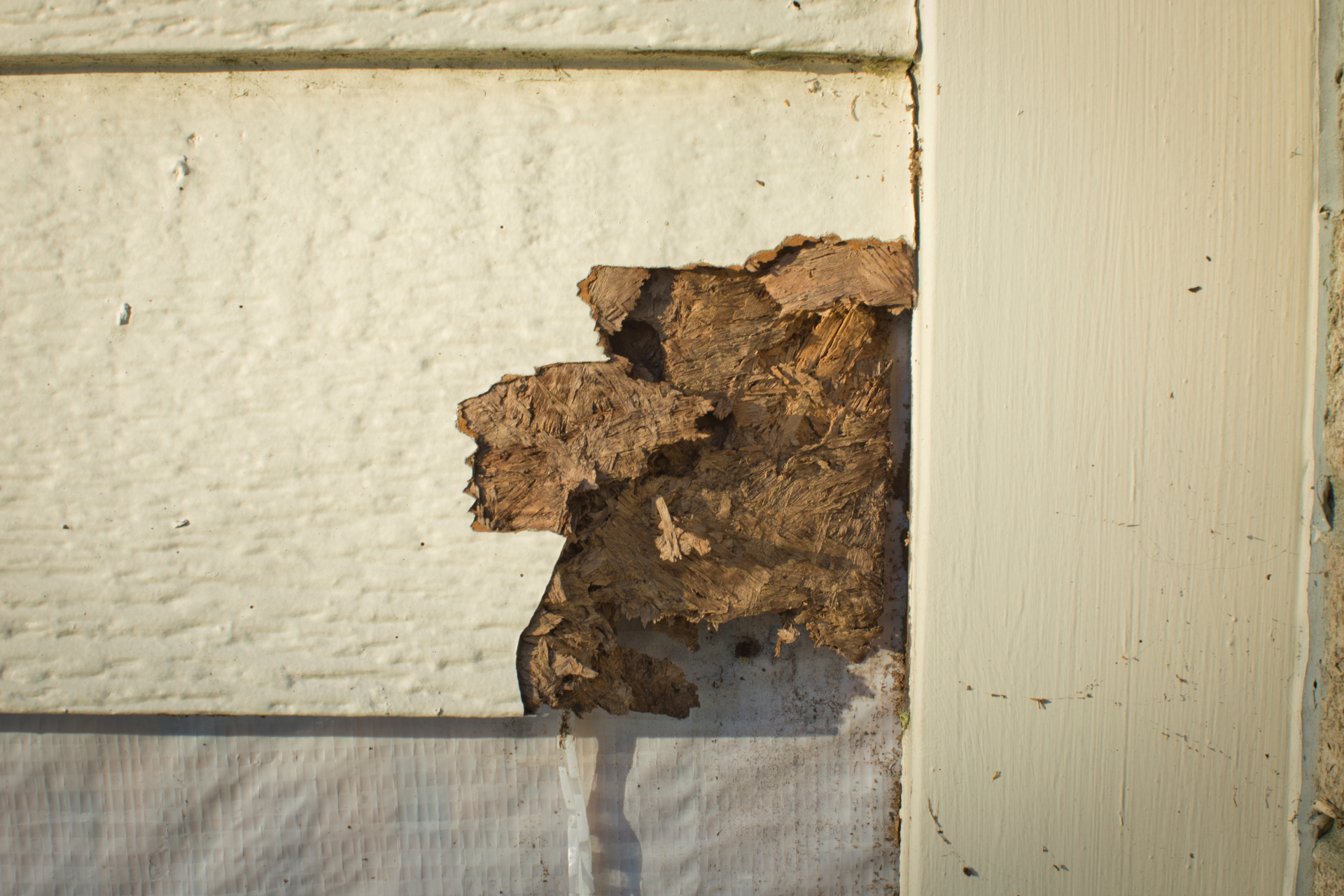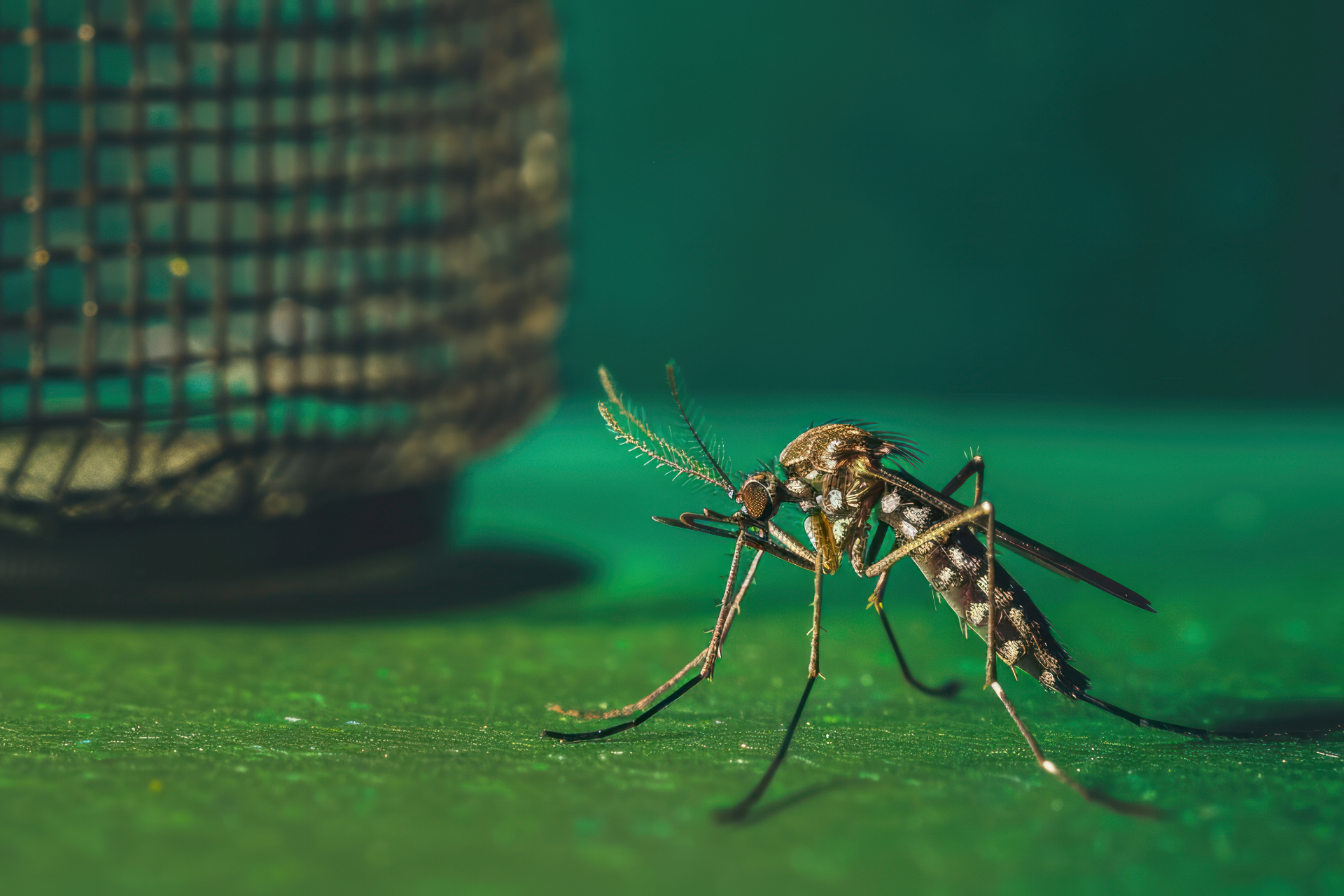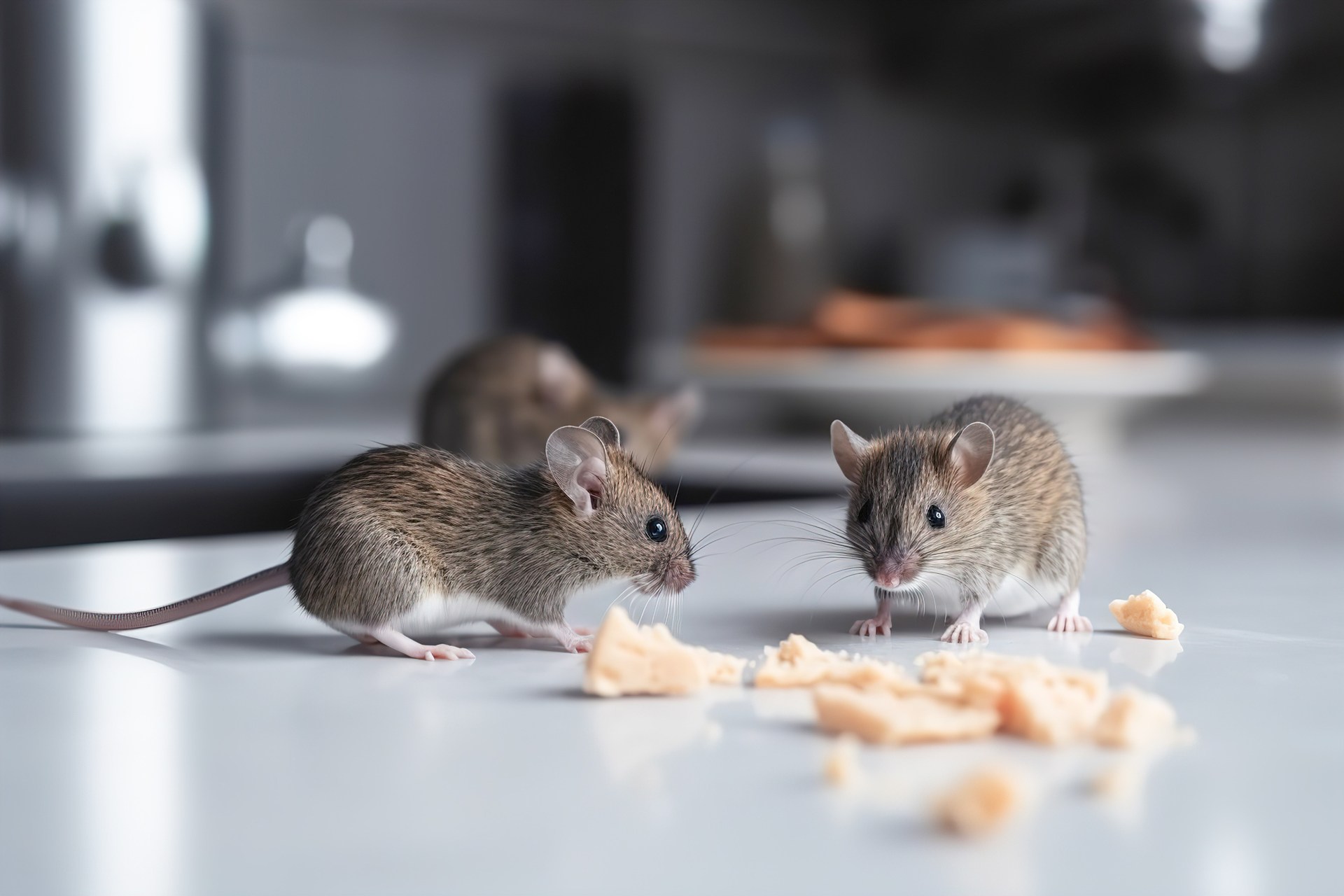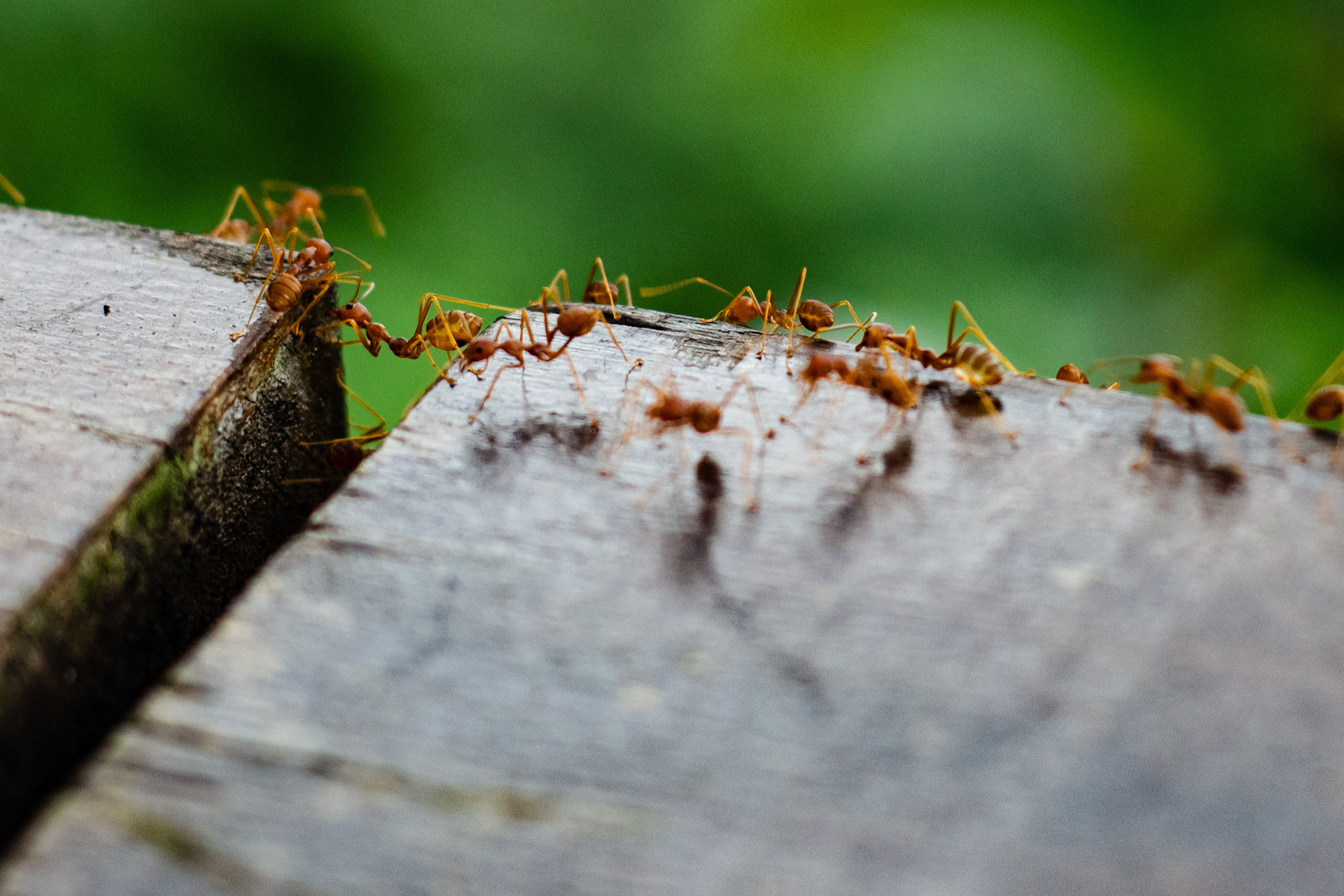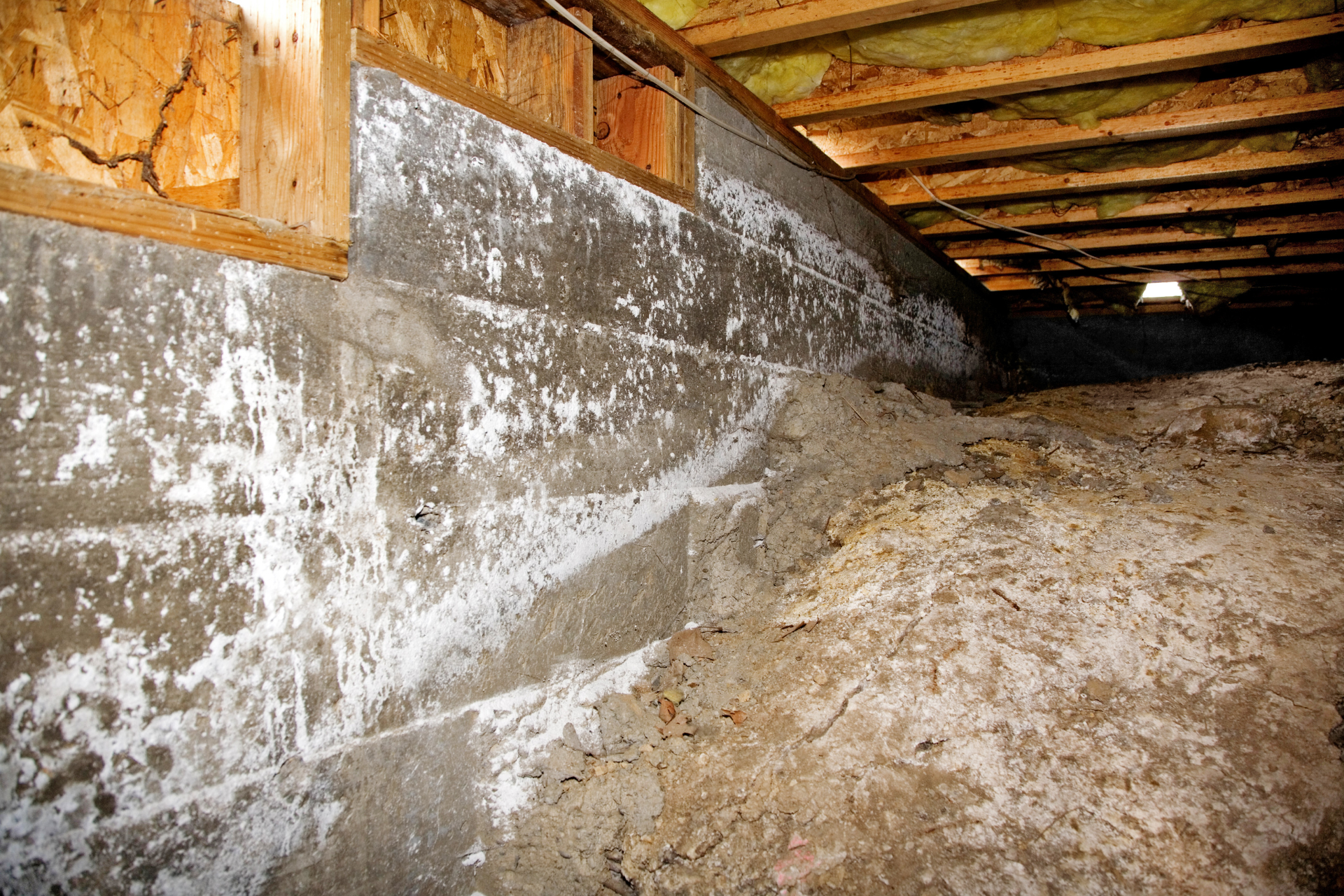Blog Layout
Health Risks Flies Pose
May 7, 2020
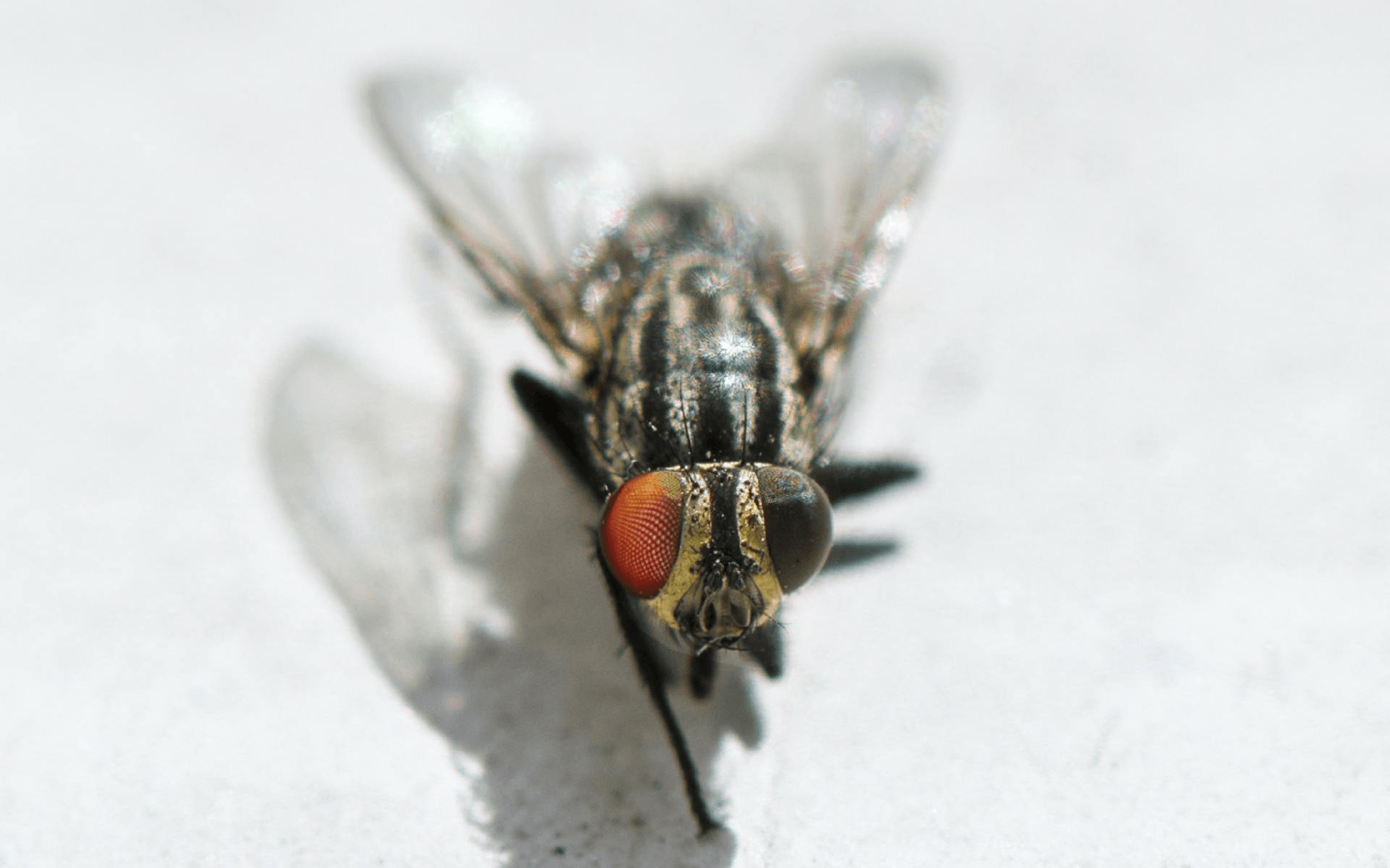
Flies are a constant source of annoyance in North Carolina. It seems like they somehow find a way to cause frustration, both indoors and out. Sometimes that irritating little buzz turns a bit more serious. That's where At Ease Pest Solutions comes in. Flies, in general, are bad news. They destroy crops, contaminate your pantry, spread filth and disease, and multiply rapidly to turn a small problem into a big one in the blink of an eye.
Sewer Flies
Sewer Flies
are known by multiple names: Drain Flies, Moth Flies, and Filter Flies. Whatever you prefer to call them, they're a significant nuisance in North Carolina. This type of fly lays its eggs in the muck that accumulates along the sides of drains and sewers, inside dirty garbage containers, and in the areas where storm water collects and grows mold. Those sites are regular hosts to large masses of up to 200 eggs. The eggs hatch after just a couple days and start feeding on the mold and decay they were placed by. After 9-15 days, they reach adulthood and can switch from eating the mold in your garbage to the food in your pantry.
Fruit Flies
Fruit Flies
are one of the most well-known pests because they're one of the most destructive. No plant is safe from them in North Carolina. The flies have been known to attack 400 different types of plants in the U.S. The majority of Fruit Flies also feed on the micro-organisms inside rotting plants, which is what attracts them to the fruit bowl in your kitchen. Even within the sub-header "Fruit Flies," there are still even more distinct categories. The spotted wing Drosophila
made its way to the Carolinas in 2010 and brought with it the potential to destroy a fifth of crops in the area. This Fruit Fly is particularly destructive for small fruits, feasting on berries, grapes, apples, cherries, peaches, and other fruits with a soft skin it can chew through.
House Flies
House Flies are another type of Diptera, the same as Fruit Flies. The two have common dangers. Both feed and lay eggs in garbage and other filthy places, then bring that bacteria to the food they feast on. House Flies regurgitate their stomach contents onto the food they're eating to liquify it before eating it again. Since flies aren't going to eat an entire piece of fruit or larger piece of food, they're leaving behind the regurgitation on anything they touch. When eaten by you, food poisoning, dysentery, and other diseases are a possibility.
Fungus Gnats
One of the problems with gnats
is that once they get indoors, the different generations will be alive at the same time, resulting in the number of gnats in that confined space becoming gargantuan. The life stage of a gnat is about a month. Females deposit up to 300 eggs, which hatch in about 3 or 4 days. The larvae feed for about two weeks, and the pupal stage takes another week. The adults live 7-10 days. Since there will be eggs continuously hatching, and more developing faster than they are dying, you can see how the problem can get out of hand in just a matter of days. The results, we would say, are jaw-dropping – but you probably want to keep your jaw closed tight, to make sure no gnats fly in. Unlike the mosquito, which uses its needle-like mouthparts to penetrate the skin, gnats have scissor-like jaws that cut the skin, producing a more painful bite. Fungus Flies are another type of gnat. The North Carolina State University Extension says they feed on fungus and decaying plant matter. They're a big problem in greenhouses because they go after plant roots and destroy them. Outdoors, the problem is seasonal, but inside, the Fungus Gnats
will destroy your potted plants any time of year.
Blow Flies
Blow Flies, also known as Bottle Flies,
carry diseases that can wipe out an entire herd of animals. They are recognizable for their shiny green or blue bodies and bright red eyes. The bugs feed mostly on manure, as well as pollen from flowers. They have been known to attack animals' nostrils or open wounds, leaving eggs inside.
What To Do About Flies
The pest control experts at At Ease Pest Solutions know the difference between the many types of flies, and we have the experience to take care of each one. We know your property and the pest problems you're facing are not the same as everyone else's. We will assess each customer's situation carefully so we can come up with the best unique solution for their pest problem. We are not only proud veterans of the United States Military; we're also veteran pest control technicians. After years in the field battling flies and other pests, we're confident enough to guarantee you'll be happy with our work. Call us today for a free estimate.
The pest control experts working with At Ease Pest Solutions know the difference between each of the many types of flies and knows how to take care of each one specifically. We know your property and the pest problems you're facing are not the same as everyone else's. We know to assess each customer's situation carefully so we can come up with the best unique solution for each pest problem. The folks with At Ease Pest Solutions are not only proud veterans of the United States Military; we're also veteran pest control technicians. After years in the field battling flies and other pests, we're confident enough to guarantee you'll be happy with our work. Call us today for a free estimate.
Troutman Branch
694 South Main Street
Troutman, NC 28166
704.761.9697
